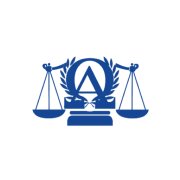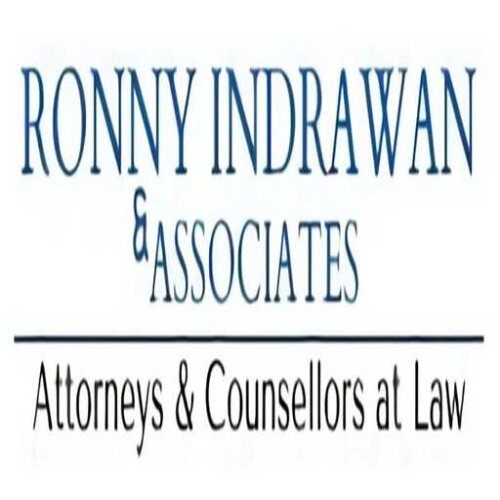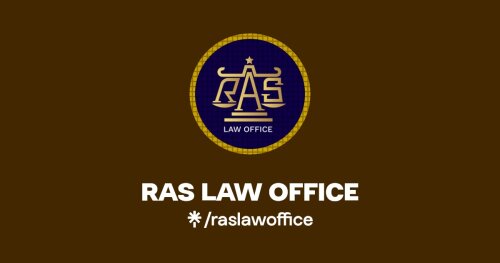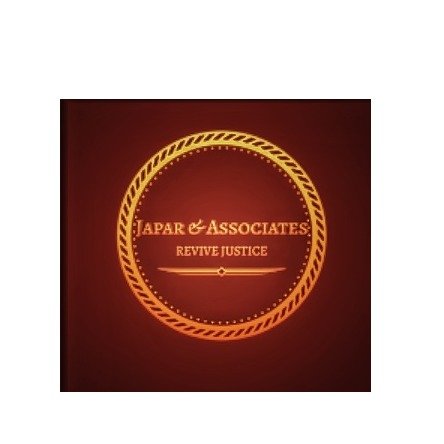Best Oil, Gas & Energy Lawyers in Surabaya
Share your needs with us, get contacted by law firms.
Free. Takes 2 min.
List of the best lawyers in Surabaya, Indonesia

Jiwangga Law Office | Lawyer Surabaya | Advokat Surabaya | Pengacara Surabaya
30 minutes Free ConsultationAbout Oil, Gas & Energy Law in Surabaya, Indonesia
Surabaya, the bustling capital of East Java, serves as a strategic location for the oil, gas, and energy sector in Indonesia. As the hub of burgeoning industrial activities, Surabaya plays a pivotal role in supporting the country's energy needs. The legal landscape surrounding oil, gas, and energy in Surabaya is complex and shaped by a myriad of local and national regulations. These laws govern everything from exploration and extraction operations to environmental protection and worker safety standards. Understanding these regulations is essential for companies and individuals involved in this sector to ensure compliance and mitigate risks.
Why You May Need a Lawyer
Engaging with the oil, gas, and energy sectors in Surabaya can present several legal challenges requiring specialist advice. A lawyer may be needed in situations such as negotiating or drafting contracts for exploration and production activities, ensuring regulatory compliance with local and national energy laws, resolving disputes related to land use or environmental impacts, protecting investments and intellectual property, and navigating the complex tax implications associated with energy operations. Professional legal guidance can help manage these challenges effectively, providing peace of mind and security in business operations.
Local Laws Overview
The legal framework governing the oil, gas, and energy sectors in Surabaya is influenced by both national policies and local regulations. The key components include the Indonesian Oil and Gas Law No. 22/2001, which governs upstream and downstream activities; the Electricity Law No. 30/2009, which sets the operational standards for electricity generation and distribution; and various environmental regulations, such as the Environmental Law No. 32/2009, which mandates environmental impact assessments for oil and gas projects. Local regulations may also impose additional requirements to address specific regional concerns, necessitating comprehensive legal understanding for effective compliance.
Frequently Asked Questions
What are the primary regulations for oil and gas companies in Surabaya?
Oil and gas activities are primarily regulated by the Oil and Gas Law No. 22/2001, alongside environmental legislation and various local regulations. Compliance with these laws is essential for legal operations.
How do environmental regulations impact energy projects in Surabaya?
Environmental regulations in Surabaya require projects to conduct comprehensive environmental impact assessments and obtain necessary permits to minimize ecological damage and ensure sustainable practices.
What permits are required for starting an oil and gas project in Surabaya?
Starting an oil and gas project typically necessitates obtaining several permits, including exploration and production licenses, environmental permits, and compliance with zoning regulations.
Are there specific tax regulations for the oil and gas industry in Surabaya?
Yes, the oil and gas industry is subject to unique tax regulations, including specific income tax rates and obligations as outlined in the Indonesian Tax Law and relevant local statutes.
Can foreign entities invest in the oil and gas sector in Surabaya?
Yes, foreign investments are permitted under certain conditions, with compliance required with Indonesia's prevailing foreign investment laws and regulations to protect investor interests.
What are the legal liabilities involved in oil spills and accidents?
Legal liabilities for oil spills and accidents are substantial, involving compensation for environmental damage, restoration costs, and penalties based on relevant environmental laws.
How can land disputes be resolved for energy projects?
Land disputes for energy projects in Surabaya can be resolved through mediation, arbitration, or litigation, with legal counsel advising on the best course of action based on the dispute specifics.
What labor laws apply to the oil and gas workforce?
Labor laws covering health, safety, and employment conditions, such as the Employment Law No. 13/2003, apply to ensure worker protection in the oil and gas industry.
Is it necessary to have a local legal partner in Surabaya?
Having a local legal partner is advantageous for navigating regional laws, customs, and business practices, ensuring smooth compliance and overcoming potential legal hurdles.
What strategies should be employed for risk management in energy projects?
Effective risk management involves conducting thorough due diligence, engaging with local stakeholders, ensuring comprehensive compliance, and having solid legal and insurance coverage.
Additional Resources
For additional support, consider the Directorate General of Oil and Gas, the Ministry of Energy and Mineral Resources, and local chambers of commerce in Surabaya. Organizations like the Indonesian Petroleum Association (IPA) can also provide valuable industry insights and regulatory updates.
Next Steps
If you require legal assistance, consider consulting with a specialized law firm or a legal advisor experienced in the oil, gas, and energy sectors. Preparing detailed records of your operations and having a clear understanding of your legal needs will facilitate a smoother consultation process. Additionally, ensuring your chosen legal professional is well-versed in both local and national regulations will be vital in navigating the complexities of the sector effectively.
Lawzana helps you find the best lawyers and law firms in Surabaya through a curated and pre-screened list of qualified legal professionals. Our platform offers rankings and detailed profiles of attorneys and law firms, allowing you to compare based on practice areas, including Oil, Gas & Energy, experience, and client feedback.
Each profile includes a description of the firm's areas of practice, client reviews, team members and partners, year of establishment, spoken languages, office locations, contact information, social media presence, and any published articles or resources. Most firms on our platform speak English and are experienced in both local and international legal matters.
Get a quote from top-rated law firms in Surabaya, Indonesia — quickly, securely, and without unnecessary hassle.
Disclaimer:
The information provided on this page is for general informational purposes only and does not constitute legal advice. While we strive to ensure the accuracy and relevance of the content, legal information may change over time, and interpretations of the law can vary. You should always consult with a qualified legal professional for advice specific to your situation.
We disclaim all liability for actions taken or not taken based on the content of this page. If you believe any information is incorrect or outdated, please contact us, and we will review and update it where appropriate.
















